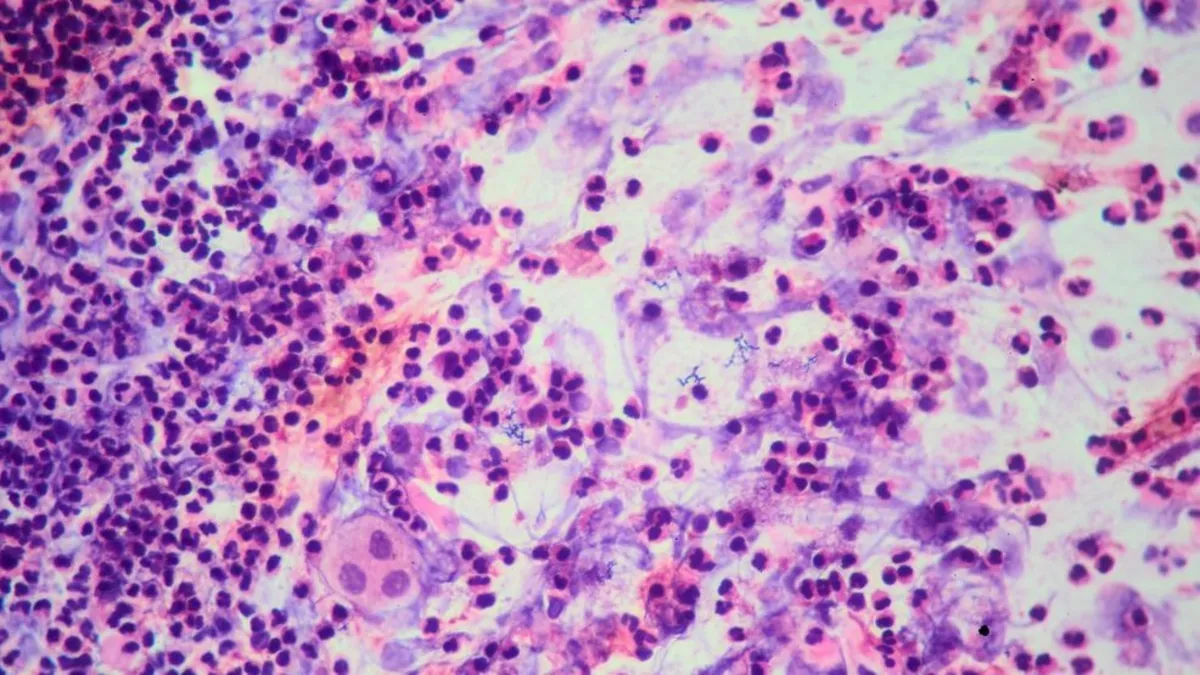
A recent tuberculosis (TB) infection has been confirmed at Coldwater High School (CHS), sparking concern among parents and staff. On Friday, officials from Coldwater Community Schools (CCS) and the Branch-Hillsdale-St Joseph Community Health Agency (BHSJCHA) issued a letter informing the CHS community about the situation. The letter revealed that an individual associated with the school has been diagnosed with TB and is currently undergoing treatment.
While the letter did not provide extensive details about the confirmed case, it did state that an investigation is underway. The BHSJCHA was alerted to the situation and is actively working to identify individuals who may have been exposed during the 2024-2025 spring semester. Those identified as potentially exposed will receive notifications that include recommendations for testing, which will be provided at no cost through BHSJCHA.
Officials emphasized that while this news may cause anxiety among community members, it's important to understand that although active TB can be a serious disease, it is also a treatable condition. They reassured the community that TB outbreaks in U.S. schools are relatively uncommon.
Tuberculosis is primarily an airborne disease that predominantly affects the lungs, but it can also impact other organs such as the brain, kidneys, or spine. According to BHSJCHA, TB transmission requires prolonged exposure in an enclosed space with an infected individual. It is important to note that while TB is contagious, it is less infectious than illnesses like the flu or a cold. TB cannot be contracted through casual contact, such as shaking hands, sharing food or drink, or using shared items like toothbrushes or school supplies.
The CHS community has been provided with the following safety recommendations: If you or your child have not been identified as having been exposed to TB, no action is required, and testing is not necessary. However, for those seeking peace of mind, you may contact your healthcare provider or the BHSJCHA clinic at 517-279-9561 extension 123 for testing options.
It is essential to monitor for signs and symptoms of TB in yourself or your child. While it is currently cold and flu season, TB symptoms can differ. Active TB disease may present with a persistent cough (potentially with blood), night sweats, unexplained weight loss, decreased appetite, fatigue, swollen glands, or chest pain. These symptoms often develop gradually and may persist for months. If you or your child exhibit any of these symptoms, please reach out to your doctor and the BHSJCHA team.
If you or your child has been identified as having been exposed to TB, be prepared to complete a consent form for further evaluation and testing. Notifications regarding the specifics of where and when testing will occur will be provided.
Historically, the United States experienced a nearly 30-year decline in TB cases, including a significant drop in 2020. However, according to the U.S. Centers for Disease Control and Prevention (CDC), recent trends indicate an uptick in TB cases due to factors such as recovery from pandemic-related healthcare disruptions and increased travel. From 2023 to 2024, there was an 8% increase in national TB cases, with Michigan reporting an 11% increase during the same period.
For more information on tuberculosis, please consult health resources or contact BHSJCHA for guidance.